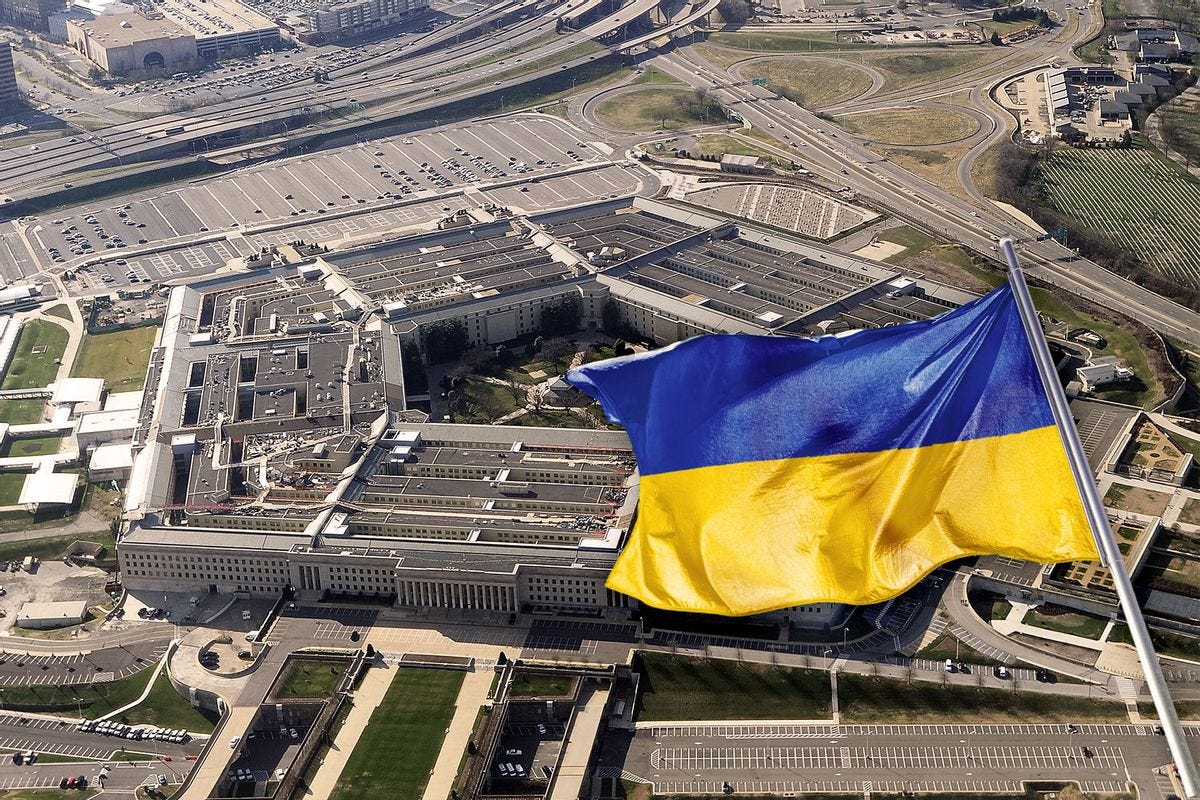The big news on Tuesday, published first by the Washington Post, was that the U.S. knew months in advance last year that Ukraine was planning on blowing up the Nord Stream Pipeline that supplied natural gas from Russia to Germany. Not to put too fine a point on it, but this is blockbuster news on several levels.
One, the U.S. isn’t always able to learn about the top-secret operations like the strike on Nord Stream in advance, even when the action is to be taken by an ally.
Two, any intelligence involving a war being waged by an ally against an enemy nation is, to put it mildly, exceedingly sensitive, especially when the action taken involves ultra-secret clandestine operations by specialized teams of commandos.
Three, the intelligence about the strike on Nord Stream involved two of our most important allies – Germany, our key ally in running NATO, and Ukraine, the nation that was (and still is) under attack by Russia that is being supported by a coalition including NATO and European Union countries, as well as the United States.
Four, information about a potential strike on Nord Stream would not only influence military decision making, but would also influence economic decisions across Europe, because with winter approaching, a secure supply of natural gas would be key to the entire European economy.
With the brouhaha the Nord Stream bombing caused, how the hell did the secret leak out that the U.S. had known since June of last year that Ukraine had plans to bomb the pipeline? The intelligence included “highly specific details, which include numbers of operatives and methods of attack,” according to the Post. The intelligence was said to come from “a European country” which had gotten the information from “an individual in Ukraine.”
You want to talk about sources and methods, the solid gold that supports the accuracy of any intelligence? There it is. This was one of the biggest secrets the U.S. had – hell, that anyone had – because it involved not only nations that were and are allies of the U.S., but its enemy, Russia, as well.
So how did it leak?
This is a special summer mid-week column for Salon. To read the rest of the column, follow the link to the column below:




I'm so glad you connect the end of secrets with the end of paper. I'm often astonished by the stuff people put in emails. The guide used to be: don't put it in an email unless you want the whole world to be able to read it. Good luck getting our government agencies--as well as business-- to realize and correct what the end of paper means in today's world.
We need to have a thorough housecleaning about who gets top secret clearances, and how they are handled.